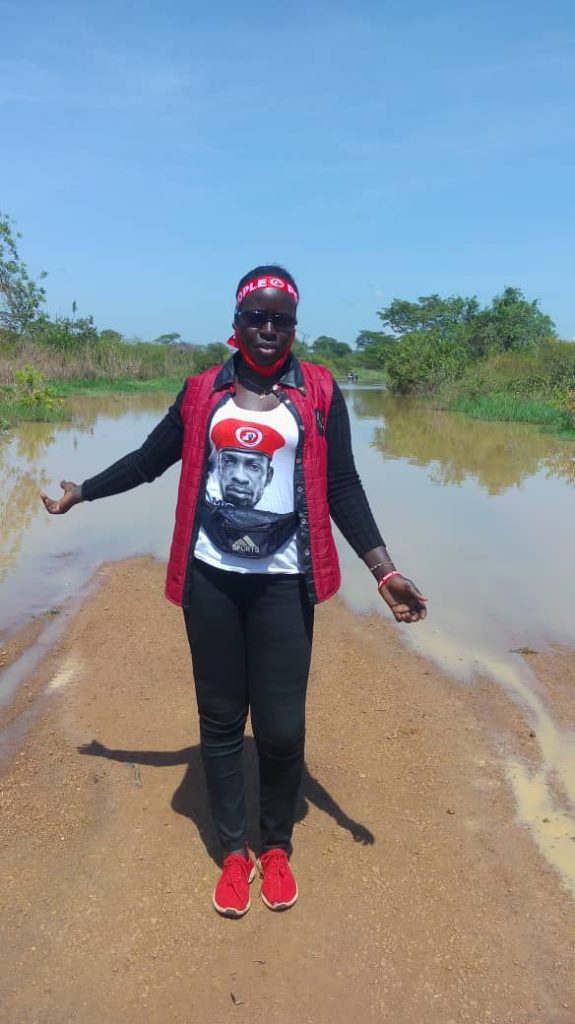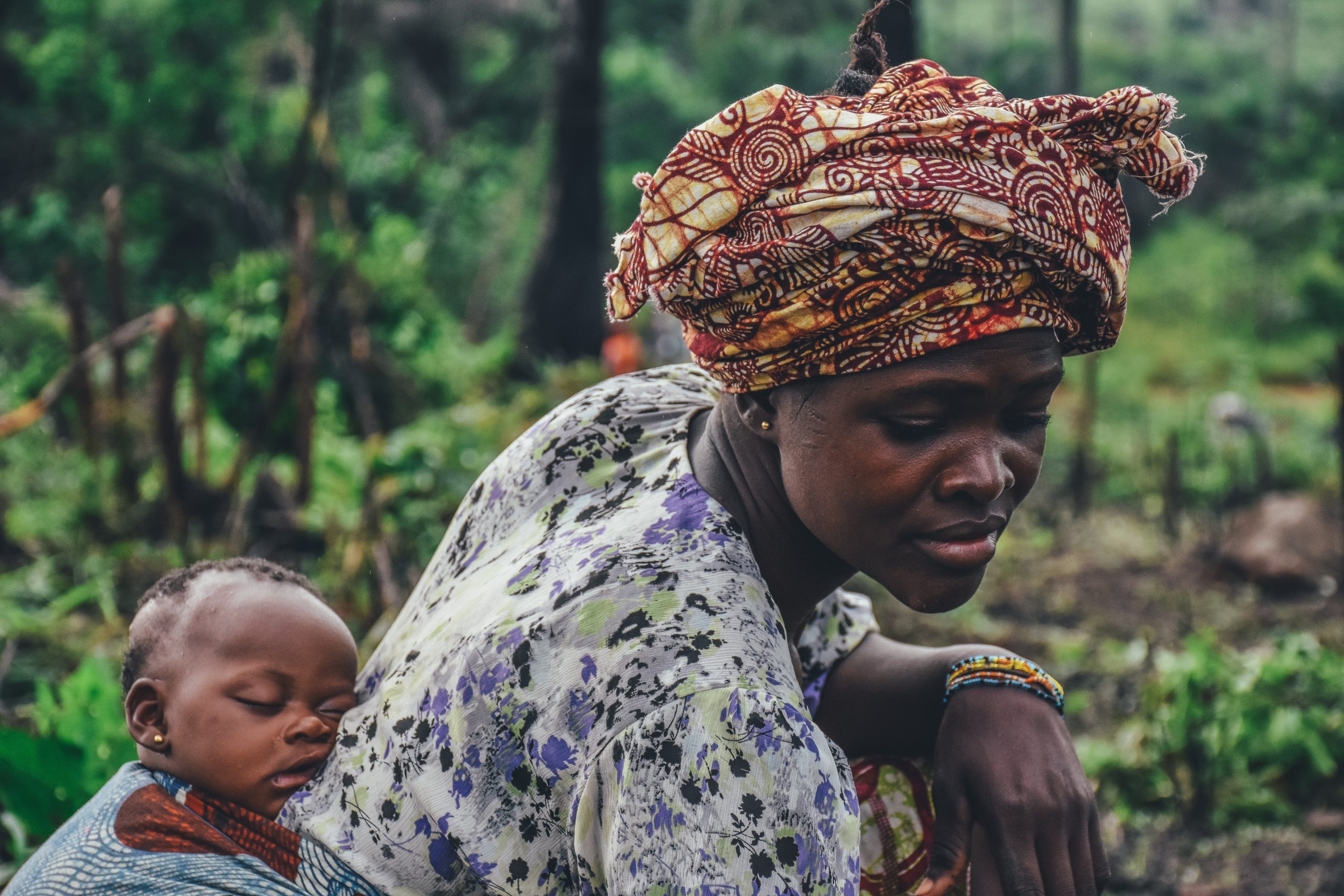When Uganda’s president Yoweri Museveni and his ruling National Resistance Movement (NRM) designed their manifesto for the January 2021 elections, issues affecting women were given little attention. Given that NRM has control over parliament, with more than 63 per cent of legislators, one would be forgiven for assuming that for the next five years, the government will pay little attention to issues that disproportionately affect Ugandan women.
In the 2021 – 2026 NRM Manifesto, whose theme is “securing your future” the priority areas are listed as creating wealth and jobs, delivering education and health, ensuring justice and equity, protecting life and property and achieving economic and political integration. On the campaign trail, issues that affect women are not mentioned.
“The President’s speeches didn’t identify issues that affect women as electable matters,” said NRM Director of Information and Publicity Emmanuel Dombo.
According to Dombo, NRM identified fighting poverty, an issue that affects both men and women, as one of the main issues for the January 2021 election. He said that NRM promised to focus on education, which is important for liberating all Ugandans, including women.
“Once girls are educated, ensuring their social justice will be easy, as they will have the ability to hire their own lawyers and fight for their rights in court where necessary. Owning property will also be easy as women will be well-off economically,” he said in an interview with AWiM News.

AWiM News also sought to speak with NRM Secretary General Kasule Lumumba, who is Dombo’s boss, about the ruling party’s agenda for women, but calls and text messages went unanswered.
Margaret Sentamu, the executive director of Uganda Women’s Media Association, said that it was not surprising that even women in positions of power like Lumumba, do not prioritise speaking about matters that affect women. This, Sentamu said, means that government policies and laws rarely take the needs of women into account.
“Women have been groomed not to be outspoken, and they actively work towards reducing the number of times they speak to the media. It gives media, with its tight deadlines, space to ignore women,” she told AWiM News.
A study by the African Centre for Media Excellence (ACME), found that women are rarely quoted as sources. During the campaign period for the 2021 elections, less than a third (21 per cent) of sources quoted by newspapers were women; even less (17 per cent) were quoted on television and on radio (14 per cent).
“The laws and policies we have today are not gender-sensitive because our leaders are mostly men, and issues affecting women don’t get into significant public discourse,” said Sentamu.

A group of civil society organisations led by Uganda Women’s Network, tried to remedy this by compiling the Women’s Manifesto. The manifesto, compiled in 2016 with views from women in 60 districts, demanded action and accountability for women’s health, land and property rights, education, economic empowerment and participation in decision making. These issues are still a matter of concern in 2021.
“The persistence of the same issues points to the deep-seated systemic, social and cultural impediments that women face in the quest for gender equity and equality,” notes the Manifesto.
While some presidential candidates acknowledged women’s health and reproductive health rights as a matter of concern, there seemed to be little understanding of what needs to be done.
Fringe presidential candidate Willy Mayambala, who got 0.15 per cent of the vote, had promised free services to mothers giving birth in health facilities. The main opposition candidate Robert Kyagulanyi, popularly known by his stage name Bobi Wine, promised to construct more health facilities. However, the Women’s Manifesto had previously noted that Uganda’s problem isn’t lack of health facilities, as the ruling NRM already constructed many of those. The problem is that health funding is still below 15 per cent of the national budget, which is what Uganda promised to allocate to health, alongside other African countries that committed to the Abuja Declaration.
Funding affects the number of health workers available to serve and treat women seeking reproductive health services. The Women’s Manifesto noted that one nurse serves 2,967 people, while the ratio for doctors is one for 23,700 people. Health workers have also been accused of ignoring patients and 73 per cent of women reported being insulted by health workers while giving birth. These actions can be fatal, leading to maternal mortality, which stands at 375 women for every 100,000 births. Other reproductive health issues such as access to family planning services and abortion, don’t feature in political discourse.
Left unaddressed
The Women’s Manifesto also highlighted unpaid care work, including childcare, which is largely left to women, as a key concern, with women saying that 70 per cent of water chores and agricultural work falls on their shoulders. Women also mentioned climate change and access to water as a problem. However, none of these issues were addressed by politicians on the campaign trail.
According to Rahamah Juma Lubowa, the vice chairperson of the Women’s League of the National Unity Platform, the main opposition party, the short campaign period marred by state harassment, meant that her party didn’t have enough time to thrash out the issues that disproportionately affect women. This, she told AWiM News, meant that the main opposition presidential candidate did not have the issues on his fingertips as he campaigned. There were also few women on the campaign trail to speak to voters about the issues that affect women, despite women making up slightly more than half of the population.
State brutality and arbitrary arrests also meant that women like Lubowa didn’t speak much for fear of being singled out for arrest by security forces. Lubawa said that security forces switched off opposition members phones, limiting contact with the main campaign team.



